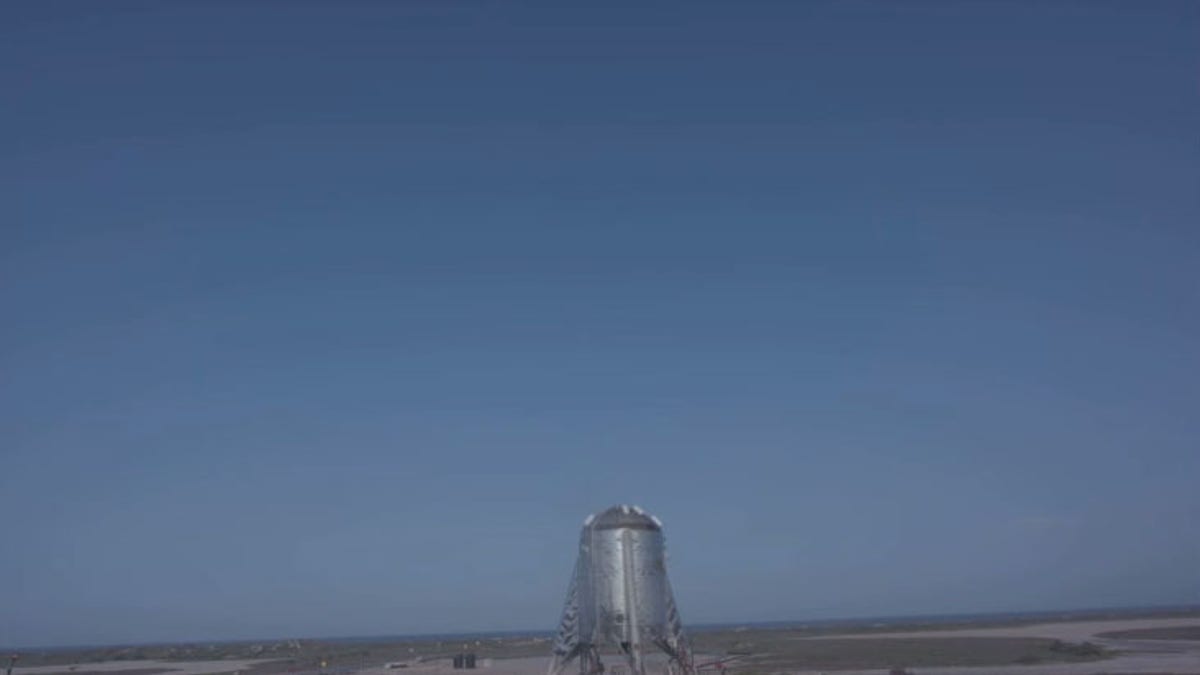
SpaceX's Starhopper prototype is seen just after a launch abort at the company's South Texas test site near Boca Chica Village on Aug. 26, 2019.
Elon Musk says the first manned test of his Crew Dragon spacecraft will take place in early 2020.
It means NASA is one step closer to "all-American" trips to space – halting its reliance on Russia's Soyuz astronaut capsules.
NASA currently pays Russia around $80million (£64million) per seat for trips to the International Space Station.
This has been the case since July 2011, when NASA retired its old space shuttle fleet.
But Elon Musk's SpaceX firm has been testing a new shuttle called Crew Dragon, which would put an end to the "hitchhiking" relationship.
"We are getting very close, and we're very confident that – in the first part of next year – we will be ready to launch American astronauts on American rockets," said NASA chief Jim Bridenstine.
In September 2014, NASA handed $2.6 billion to give the SpaceX Crew Dragon development a boost.
But the Crew Dragon spacecraft dramatically exploded during a key safety test back in April.
Shocking footage of the incident appeared to show the capsule bursting into an enormous fireball at a site in Florida.
Onlookers could see reddish-orange smoke billowing from the site at the Cape Canaveral Air Force Station, with reports suggesting the mushroom cloud was visible for "miles around".
The United States Air Force told the local press that the incident had been contained, and confirmed no one was hurt in the blast.
Now Musk hopes to launch manned missions early next year – but says there is plenty of testing still to do.
"We're hopefuly to have the first successful Mark 3 drop test within a week or two," said Musk.
"And then there'll be a steady cadence of tests thereafter.
"We certainly want to get at least something on the order of 10 successful tests in a row before launching astronauts."
Speaking alongside Musk at a joint briefing at SpaceX, Bridenstine added: "This is a big deal for our country, and we can't get it wrong.
"We want to make sure we get it right.
"If everything goes according to plan, it would be the first quarter of next year.
"We are not going to take any undue risk."
But Musk isn't the only one working on a space shuttle.
NASA has also given Boeing $4.2 billion to help finish the CST-100 Starliner.
This is set for an unpiloted orbital test flight on December 17, which means manned tests won't take place until at least 2020.
NASA is "still buying seats" on the Soyuz as an "insurance policy" – in case there are further delays to Crew Dragon or Starliner.
This story originally appeared in The Sun.
